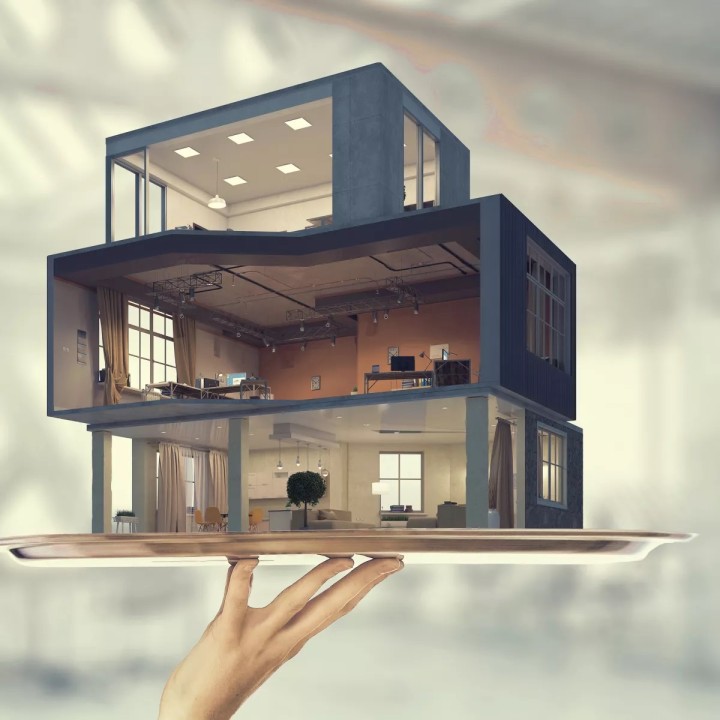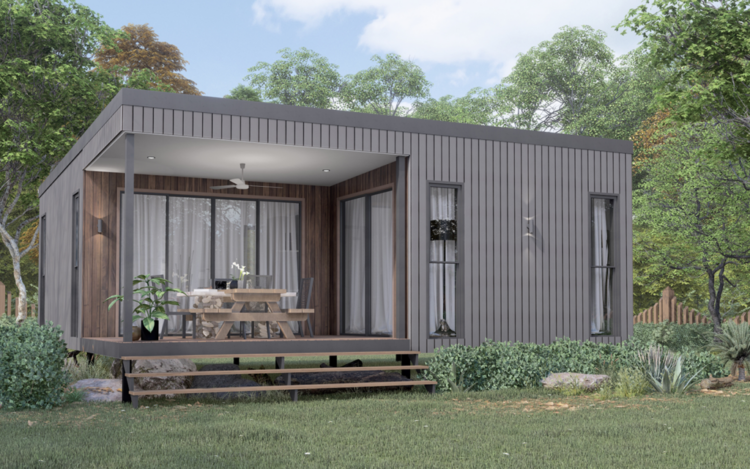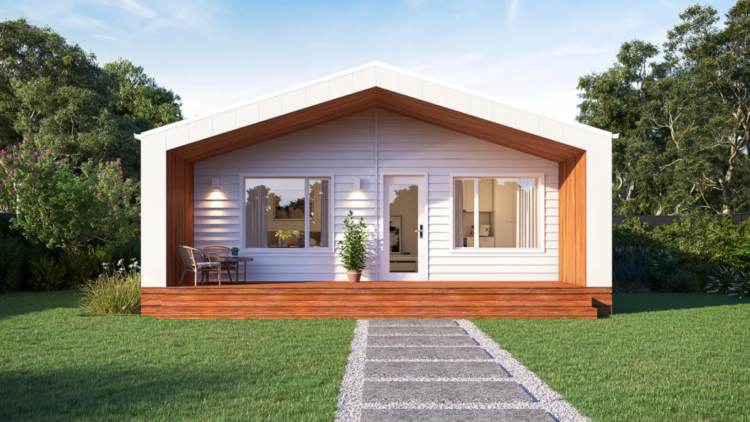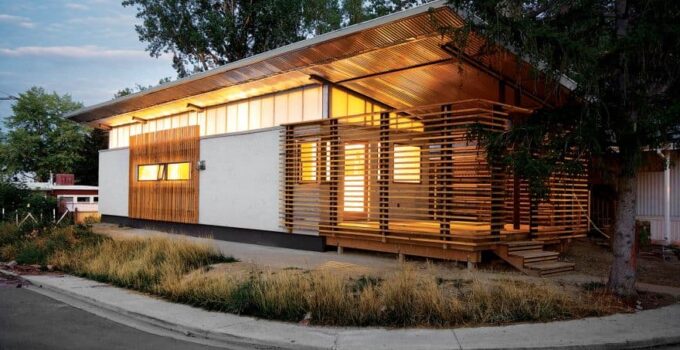The perception of modular homes as mere fancy trailers is a common misconception that overlooks the significant advancements and benefits of modern modular construction.
While both modular homes and trailers are prefabricated, they differ in many critical ways, including construction quality, design flexibility, and overall functionality.
If you want to find more details about this modern outline of a house, check out modular home builder.
Understanding these distinctions is essential to appreciating why modular homes stand as a robust, cost-effective alternative to traditional housing.
Page Contents
Construction Quality and Standards

Source: linkedin.com
One of the primary differences between modular homes and trailers lies in construction quality and adherence to building standards. Modular homes are built in sections (modules) in a factory setting under stringent quality control processes. These modules are then transported to the construction site and assembled on a permanent foundation. The entire process follows the same building codes and standards as site-built homes, ensuring structural integrity, safety, and durability. In contrast, trailers, also known as manufactured homes, are constructed on a non-removable steel chassis and must comply with the HUD Code, a set of federal guidelines that, while comprehensive, differ from local building codes applied to modular and site-built homes.
Design Flexibility and Aesthetic Appeal
Modular homes offer a remarkable degree of design flexibility, enabling homeowners to customize floor plans, finishes, and features to match their personal tastes and requirements. This customization extends to architectural styles, from traditional to contemporary, making modular homes visually indistinguishable from site-built homes. In contrast, trailers often have a more limited range of design options and can be easily identified by their characteristic rectangular shape and external appearance.
Moreover, the aesthetic appeal of modular homes is enhanced by the high-quality materials and finishes used during construction. Advanced manufacturing techniques allow for precise assembly, resulting in clean lines, tight joints, and a polished look that rivals conventional homes. Trailers, while improving in quality over the years, typically do not match the same level of craftsmanship and finish as modular homes.
Durability and Longevity

Source: dreammodular.com.au
Modular homes are built to withstand transportation stresses and are often more durable than traditional site-built homes. The factory-controlled environment ensures that materials are protected from weather-related damage during construction, which can compromise the longevity of a home built on-site. Additionally, modular homes must meet rigorous state and local building codes, which often exceed the federal standards applied to trailers. This adherence to high standards contributes to the long-term durability and structural soundness of modular homes.
Energy Efficiency and Sustainability
Another area where modular homes excel is energy efficiency and environmental sustainability. The precision engineering and tight construction of modular homes reduce air leakage, which can significantly lower heating and cooling costs. Many modular home manufacturers also incorporate sustainable building practices, such as using recycled materials, energy-efficient windows, and insulation. These eco-friendly features not only reduce the environmental impact but also result in substantial savings on utility bills for homeowners.
In contrast, trailers may not offer the same level of energy efficiency, primarily due to differences in construction standards and materials. While newer manufactured homes have improved in this regard, they still often fall short compared to the high efficiency of modular homes.
Cost-Effectiveness and Value

Source: houses-prefab.com
While the initial cost of modular homes can be higher than that of trailers, the long-term value and cost-effectiveness are significantly greater. The durability, energy efficiency, and high-quality construction of modular homes translate to lower maintenance costs, reduced utility bills, and a higher resale value. Additionally, modular homes can be financed in the same manner as traditional homes, with various mortgage options available, making them a sound investment for the future.
Conclusion
The belief that modular homes are just fancy trailers is a misconception rooted in outdated stereotypes. Modern modular homes offer a high-quality, customizable, and sustainable housing solution that meets the same building standards as traditional site-built homes. With their superior construction quality, design flexibility, and energy efficiency, modular homes represent a viable and attractive option for today’s homeowners. By recognizing these distinctions, we can better appreciate the significant advancements in modular construction and its potential to revolutionize the housing industry.




